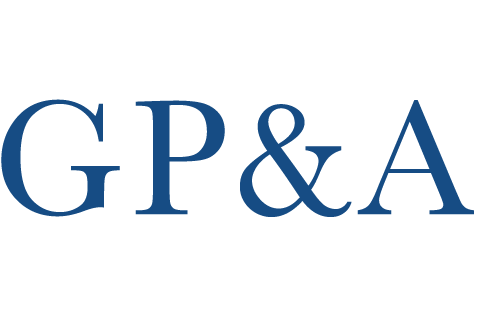Successor liability is a catchall term for a group of legal theories that, in certain circumstances, allow a creditor to recover amounts owed by its obligor from a person or entity who succeeds to the assets or business of that obligor. Typically, claimants cannot pursue successor liability against a purchaser in a bankruptcy sale because most sales are made “free and clear” of such claims under Section 363(f) of the Bankruptcy Code. However, there are some limited exceptions to this general rule.
Under Section 363(f) of the Bankruptcy Code, asset sales made in a bankruptcy case may be made “free and clear” of interests in the assets, including liens, claims, and encumbrances, under certain circumstances. The “free and clear” nature of these transactions is a defining feature of bankruptcy sales and a key motivator for buyers to purchase assets from a bankrupt company. Free and clear sales must meet at least one of the following conditions:
- Nonbankruptcy law permits the sale, “free and clear” of such interest;
- The holder(s) of such interest consent(s);
- The sale price exceeds the value of all liens on the property;
- Such interest is in bona fide dispute; and/or
- The holder(s) of such interest could be compelled to accept a money satisfaction of such interest.
Key Issues
- Successor Liability. The majority of bankruptcy courts — although not all — have held that successor liability claims are “interests” of which assets can be sold “free and clear” under the Bankruptcy Code. Some courts have held that successor liability remains an issue determined by nonbankruptcy law and should not be impacted by the Bankruptcy Code, or have placed limits on the ability to sell assets “free and clear” of successor liability. Regardless of the approach a particular court takes, “free and clear” protection may not be effective against claimants who did not receive notice of the sale. Additionally, a purchaser may be unable to take assets “free and clear” of product liability claims and environmental claims that do not arise until after the sale closes.
- Channeling Injunctions. In extreme circumstances, bankruptcy courts will issue a channeling injunction, whereby a claimant’s successor liability claims are channeled to a fund created, often from the proceeds of an asset sale, to satisfy such claims. In these cases, claimants can seek recourse from that recovery pool rather than attempt to bring a claim against a buyer.
- Compliance With Bankruptcy Sale Orders. In courts that recognize the ability to sell assets “free and clear” of successor liability under the Bankruptcy Code, sale orders will often expressly enjoin the assertion of successor liability claims against the buyer or the assets being acquired. Even where a bankruptcy sale order is silent on the issue, though, a creditor contemplating pursuing a successor for the debts of a bankrupt obligor will want to ensure that its planned course of conduct does not violate the relevant sale order.
Takeaway
The intersection of bankruptcy law and successor liability is a complex issue, and the ability to seek recourse against a buyer who acquires assets pursuant to Section 363 will depend on the facts of the case and the precedent of the jurisdiction in which the bankruptcy is pending. In some cases, alternative recourse, such as a recovery pool created in relation to a bankruptcy court’s channeling injunction, may be available. If you have a potential successor liability claim against a buyer in a bankruptcy sale, it is important to have experienced bankruptcy counsel assess for the available recovery options.



